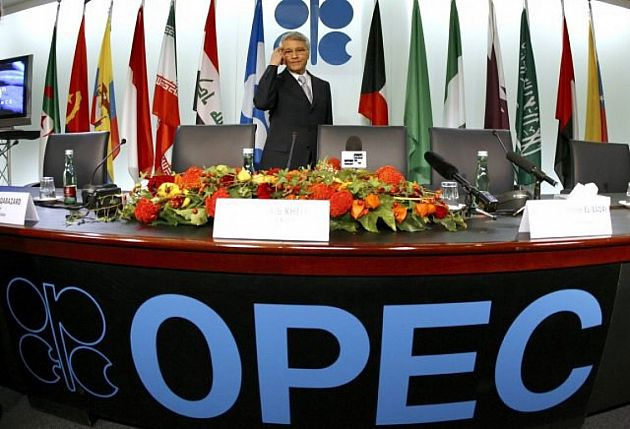OPEC’s Work Not Done

The 166th OPEC ministerial session was held last Thursday without reaching an agreement. This result showed that the differences are so serious that they cannot be resolved in one meeting.
Of course, this does not mean that everything is finished but it means that more efforts need to be made. Although statements were made with regard to Saudi Arabia’s measure in not reducing the oil production in line with hostility against Iran, Russia or the US, this reality must not be ignored that the damage of oil price reduction will not only target all countries – whether OPEC members or not – but will target Saudi Arabia as well. After the end of this meeting, the oil price was reduced by seven dollars. Therefore, the stability in the oil market is to the benefit of all and will increase the income of all countries. Thus, the damage would not affect only one country.
Some experts and media propose certain ideas with regard to Saudi Arabia’s approach; one idea is that Saudi Arabia and richer OPEC countries including the UAE and Kuwait are interested in releasing the prices in order the stop the production growth in the US and Canada. Furthermore, Saudi Arabia and its allies intend to exert pressure on Iran through reduction of the oil price so that the sanctions imposed by the West against Iran would be more effective. Saudi Arabia also attempts to punish Russia for its support of Iran. This country is not a member of OPEC but is considered as one of the three big oil producers of the world which needs a high price of oil for its survival. Iran, Iraq and Venezuela demand a reduction of production and increasing prices in OPEC. During recent years, Saudi Arabia has increased its production and oil sales to substitute the oil which Iran could not export.
The speculations are mainly political and need to be discussed. But what is certain is that the reduction of the oil price will decrease the income of all OPEC member countries and Saudi Arabia will ultimately damage itself and others. It is natural that the more countries are able to show resistance and steadfastness, the more the trend of the price reduction will have adverse effects. On the other hand, it does not seem that the situation will continue as such and will stop at some point.
Iran’s task following this meeting is not finished; it has just started. Iran must continue its consultations with all exporting countries and create a coalition in order to play a significant role in the improvement of oil prices. It should also convince all countries to reduce one million barrels of oil in order to repair the market.
The other interesting point in the recent meeting was Russia’s presence. Russia, as one of the big oil producers of the world, intends to increase its income through increasing the price of oil. Russian officials need to cooperate with OPEC. The reduction of the crude oil price has transformed Russia into OPEC’s 13th ally and caused this country to be present in the 166th OPEC session in Vienna alongside Algeria, Iran, Iraq, Kuwait, Libya, Nigeria, Qatar, Saudi Arabia, UAE, Ecuador, Angola, and Venezuela and unofficially consult with the officials of the 12 official members of this organization. Collaboration of non-OPEC countries could speed up the trend of improvement of oil prices. That is why Russia was present in this meeting as a non-OPEC member.
In the end, what should be considered is that OPEC, as an organization which affects the oil price, is a powerful organization which could bring back stability to the oil market.

